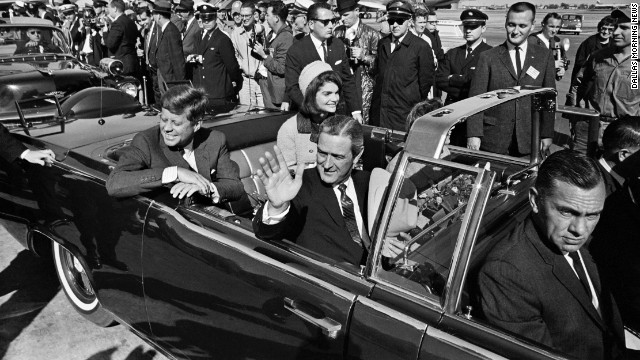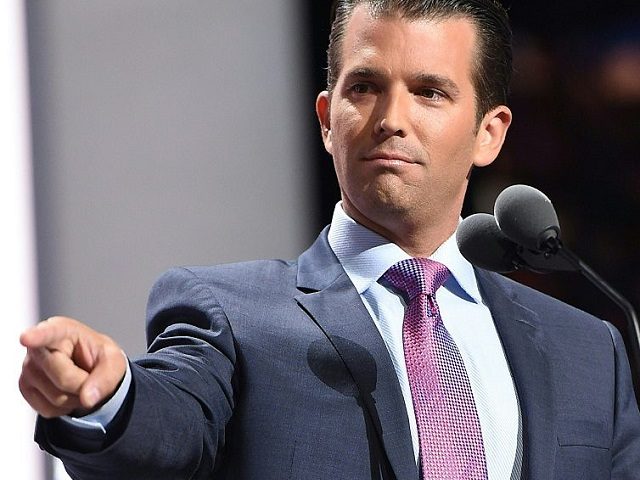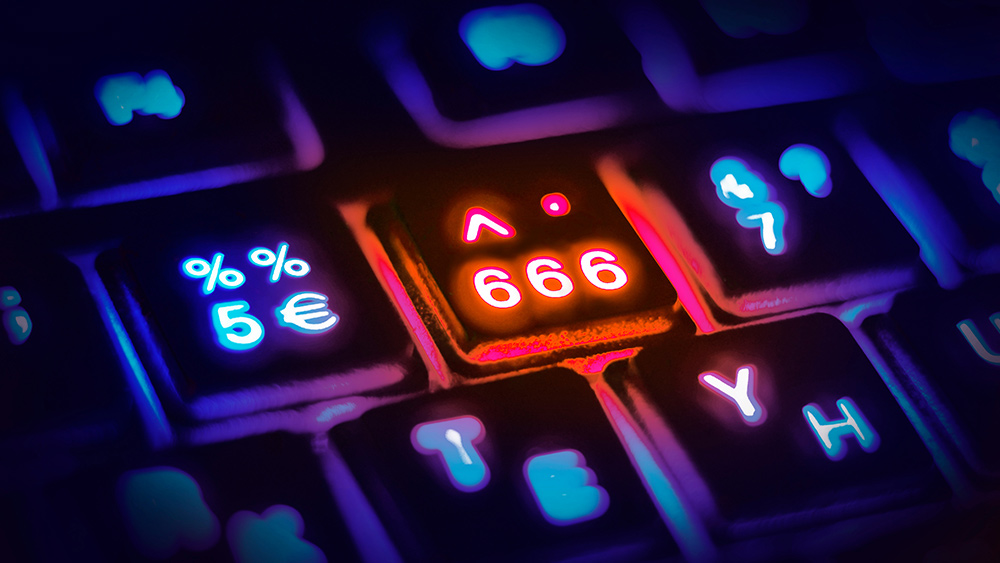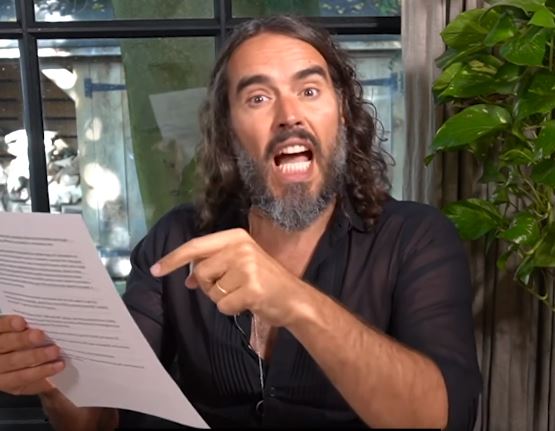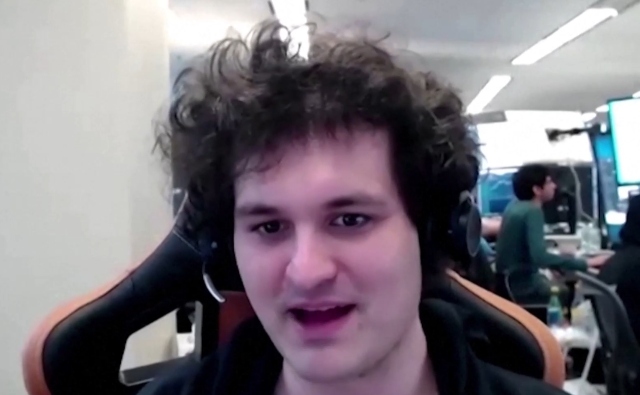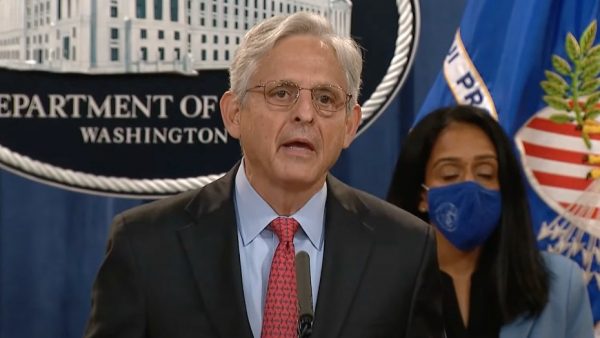Single-bullet official narrative of JFK assassination called into doubt by witnesses
A former Secret Service agent who was present when President John F. Kennedy was assassinated is openly questioning the official explanation of what happened that day.
Paul Landis, who was assigned to first lady Jackie Kennedy’s security detail, was standing on a running board a few feet away from JFK when he was shot, and he explains how his recollection of what happened differs from the written statements he provided shortly after the event took place.
The Warren Commission’s official determination was that one bullet struck JFK from behind and exited through his throat before continuing forward to strike Texas Governor John Connally in his thigh, back, wrist and chest. The conclusion was reached, at least in part, because the bullet was discovered on Connally’s stretcher at Parkland Memorial Hospital.
However, Landis now says that he found that bullet stuck into the seat of the car behind where Kennedy had been sitting after his motorcade arrived at the hospital. He said he picked it up and placed it next to JFK on his stretcher in a hospital exam room so it could be examined.
Speaking to the
New York Times, he said: “I was just afraid that — it was a piece of evidence, that I realized right away. Very important. And I didn't want it to disappear or get lost. So it was, 'Paul, you've got to make a decision,' and I grabbed it.”
He believes the bullet did not go very deeply into JFK’s back and must have fallen out before he got out of the vehicle. Although he says he long believed the official narrative that Lee Harvey Oswald was acting alone when he shot Kennedy, now he’s not so sure.
"At this point, I'm beginning to doubt myself. Now I begin to wonder," he said. He thinks the bullet could have made its way from where he left it on Kennedy’s stretcher to Connally’s stretcher if the stretchers collided in the rush to render aid.
His revelation is being received with some skepticism given the upcoming release of his book,
The Final Witness: A Kennedy Secret Service Agent Breaks His Silence After 60 Years.
However, past interviews given by nurse Phyllis J. Hall, who was present in the emergency room when the president was brought there that day, corroborate Landis’s claim. She described seeing a bullet on the president’s stretcher in interviews nearly ten years ago, telling
The Telegraph: “On the cart, halfway between the earlobe and the shoulder, there was a bullet laying almost perpendicular there, but I have not seen a picture of that bullet ever.”
She has also said the bullet was in remarkably good condition, with no blunting or other signs of damage.
The single-bullet theory has long been the subject of doubt. A
JFK assassination researcher and lawyer, James Robenalt, who has
spoken to Landis about his recollections, explained the significance of his recounting of the events.
"If what he says is true, which I tend to believe, it is likely to reopen the question of a second shooter, if not even more," he stated.
"If the bullet we know as the magic or pristine bullet stopped in President Kennedy's back, it means that the central thesis of the Warren Report, the single-bullet theory, is wrong," he said, adding that if Connally was indeed hit by a different bullet, it was likely that it was
fired by someone else as Oswald could not have feasibly reloaded a gun fast enough to be responsible for both bullets.
Landis feared he made a mistake by placing the bullet on JFK's stretcher
Landis, who is now 88, explained that he did not come forward sooner with what happened because he was afraid he had
made a mistake by placing the bullet on the stretcher. He also told Robenalt that years of PTSD and mental images of JFK’s head exploding made it impossible for him to read detailed reports about the assassination until many years later.
"I was afraid. I started to think, did I do something wrong? There was a fear that I might have done something wrong and I shouldn't talk about it," he clarified.
He noted that he was never interviewed by the Warren Commission and left the Secret Service shortly after the assassination because of post-traumatic stress. The report is accepted as the official story of what happened, but many believe it was rushed and is incomplete. Polls have shown that most Americans believe there was
some sort of coverup and many think other parties, such as the CIA, were involved.
Sources for this article include:
FoxNews.com
VanityFair.com
News.Sky.com
CNN.com
 Parler
Parler Gab
Gab